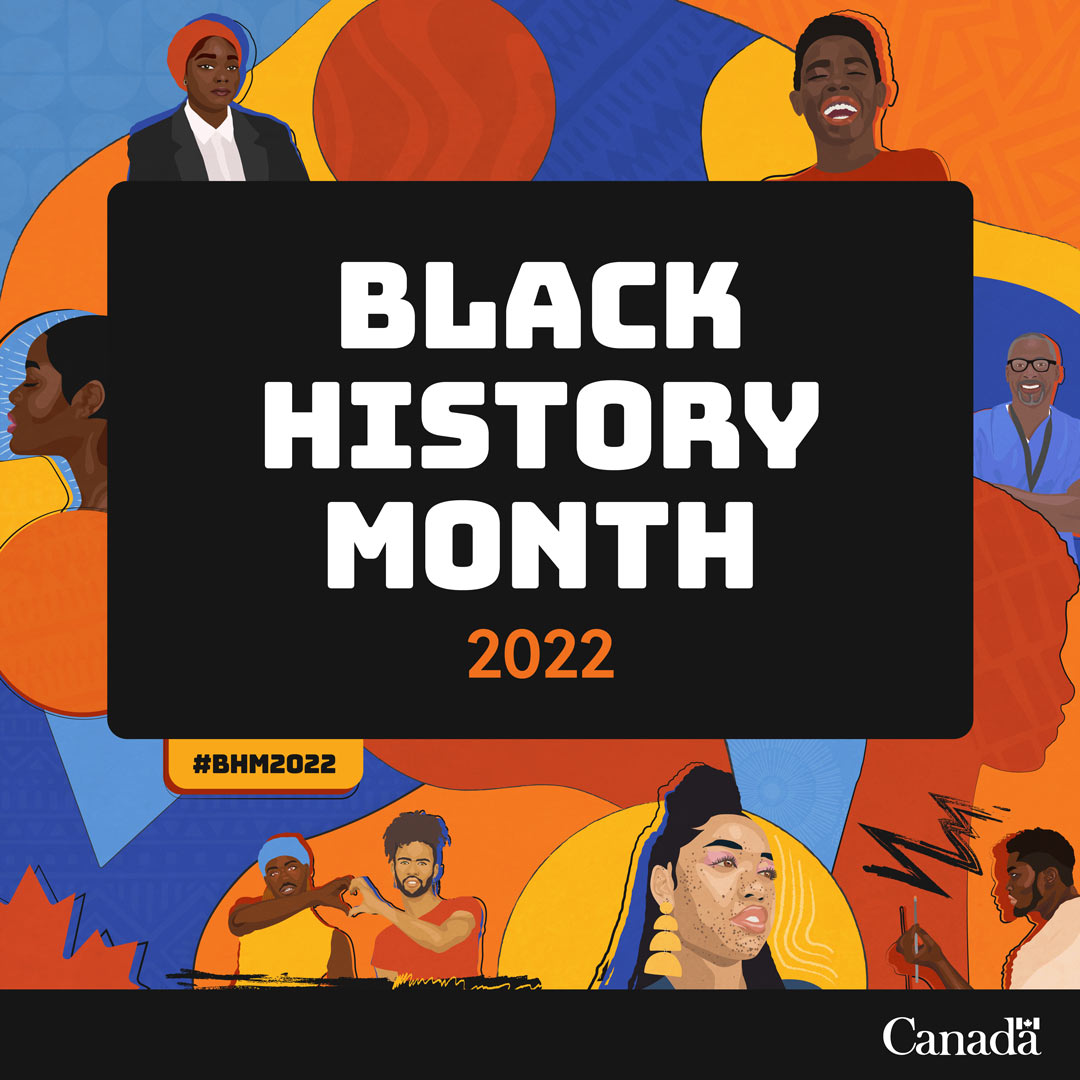
Black History Month.. What can we do beyond putting a poster up?
Article Written by Denise Young, WIL National Diversity and Inclusion Advisor and CEO and Consultant of Tiger’s Eye Advisory Group.
“I don’t want my fears to put my dreams to sleep”, Stevie Wonder
I recently watched Summer of Soul (…Or, When the Revolution Could Not Be Televised) which is a documentary on the famous 1969 Cultural Harlem Festival. It showcases a peaceful protest through music and prayer of where it was also celebrated where “negro” died and “black” was born.
February is Black History Month and it is celebrated in Canada. Why you may ask, isn’t this only in the USA?
“Although you may have never been taught this in school, there were enslaved Black people in Canada. From the early 1600s, up until 1834, Black and Indigenous peoples were bought, sold, traded, and inherited in Canada…Systemic racism continues to plague Black Canadians” (Brian Sankarsingh). “[This month] is an opportunity for all of us to learn this history and better understand the struggle Black people in Canada face, even now”.
In 1995, after a motion by politician Jean Augustine, representing the riding of Etobicoke—Lakeshore in Ontario, Canada’s House of Commons officially recognized February as Black History Month and honored Black Canadians. In 2008, Senator Donald Oliver moved to have the Senate officially recognize Black History Month, which was unanimously approved.
Black History Month originated in 1926 in the United States as Negro History Week. It was observed the second week of February. It aimed to increase everyone’s knowledge of Black history. Negro History Week was the brainchild of Dr. Carter G. Woodson, a Harvard-trained historian of African Americans. Woodson chose February because it was the birth month of both Abraham Lincoln and Frederick Douglass. It began as a way of remembering important people and events in the history of the African diaspora.
Here are some statements from the Summer of Soul documentary that stood out for me and what I learned:
“We were told we aren’t black enough, we sounded white. I don’t get it, how do you color a sound?. We sound the way we do”. ○This statement refers to our unconscious bias’ therefore we can not judge someone based on how they look, how they sound or other intersectionality.
“1969 was where negro died and black was born. We were ashamed of being called black before but reclaimed it in 1969”. “In the early 60’s black meant you wanted to fight. We thought “black” represented bad and evil whereas white was associated with good and purity”. ○It is all of our responsibilities to understand the history and the context behind the words and how the can be triggers for people
“We want our people to lift us up”. ○Sometimes people need to be with people who are facing the same struggles, celebrations and have shared lived experiences. This is okay and this does not mean you don’t need allies as well.
“People told me I shouldn’t sing about political issues, you may mess up the sales of your recordings and career.. I don’t care…I don’t want my fears to put my dreams to sleep” stated Stevie Wonder and Sly and The Family Stones was the first group to mix black, white and female into a band and they didn’t come out in the typical suits that “black” bands would do. ○ We need the change makers/leaders in society, where they challenge the status quo
“We are uniting all people through music”. ○ Using peaceful methods to drive change and lead is sometimes more effective than other methods.
I spent a few hours yesterday and today finding resources to add to this article. I am not an expert but we need to start somewhere. I realized how much I didn’t know. Should I be ashamed, no, but I can understand and research so I increase my level of awareness. Why should I care? Because I believe it is my obligation as a human and we are on this earth to learn from others to have compassion and celebrate every human!
Resources
Books
Articles
Documentaries
Summer of Soul
I am not Your Negro
Deeply Rooted (Canadian Documentary)
Connect with Denise

LinkedIn: Denise Young
Facebook: Tigers Eye Advisory Group
Website: tigerseye.ca
Email: deniseyoung@tigerseye.ca
Article written by Denise Young, CEO/Founder/Consultant: Tiger’s Eye Advisory Group. Reach out to Denise (deniseyoung@tigerseye.ca) if you or your organization is interested in Diversity and Inclusion Programs, Leadership Workshops or Communication Strategic Planning
